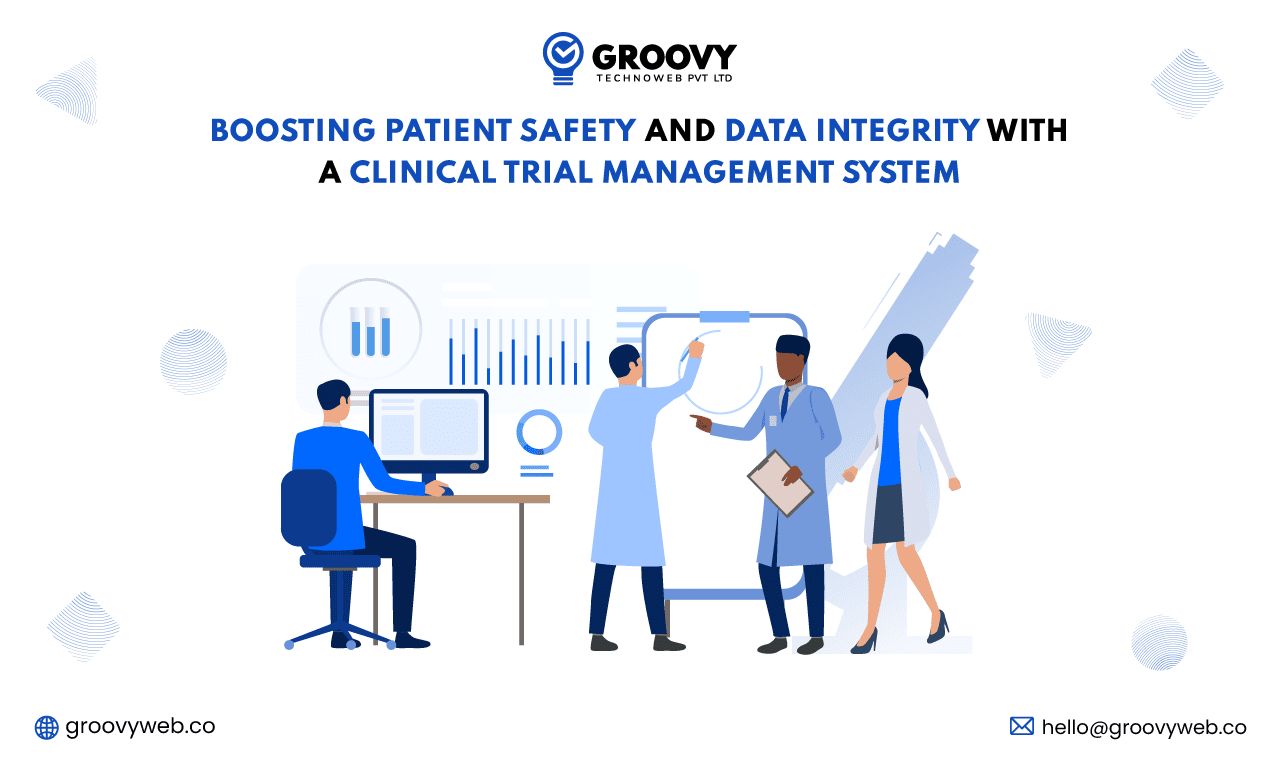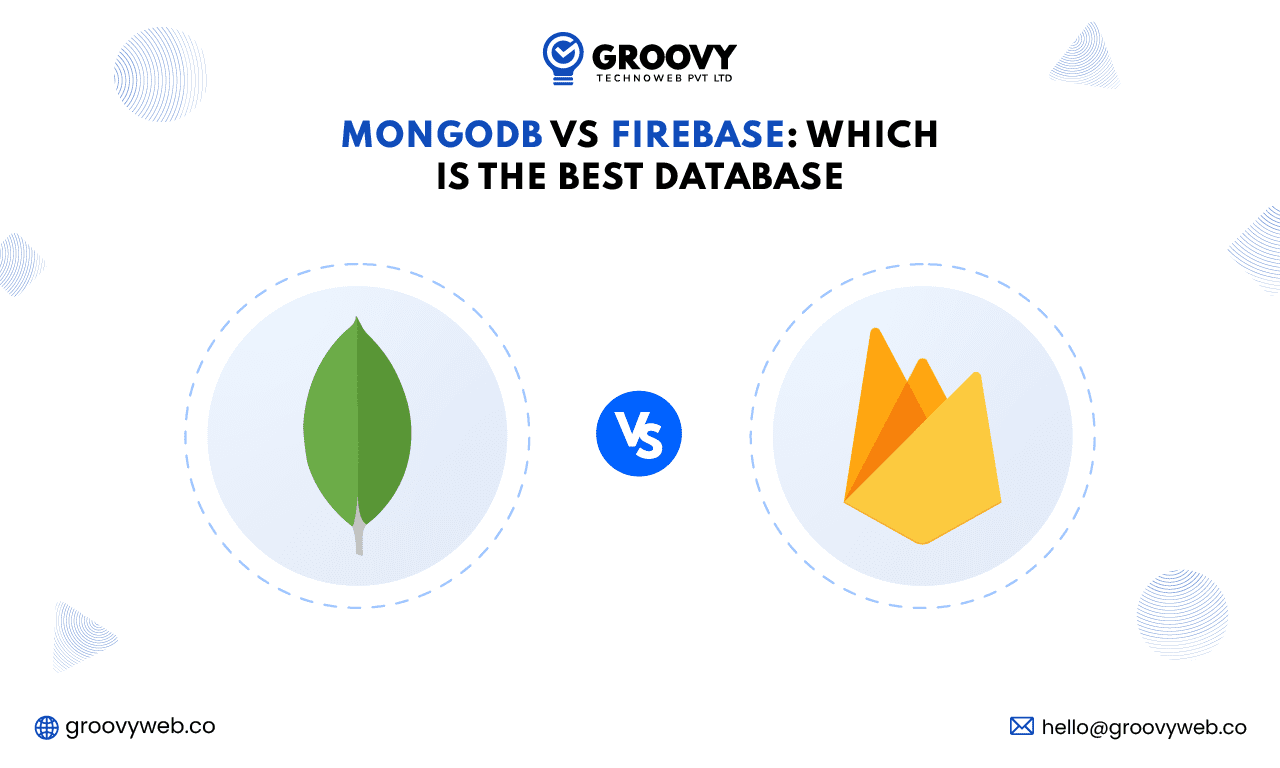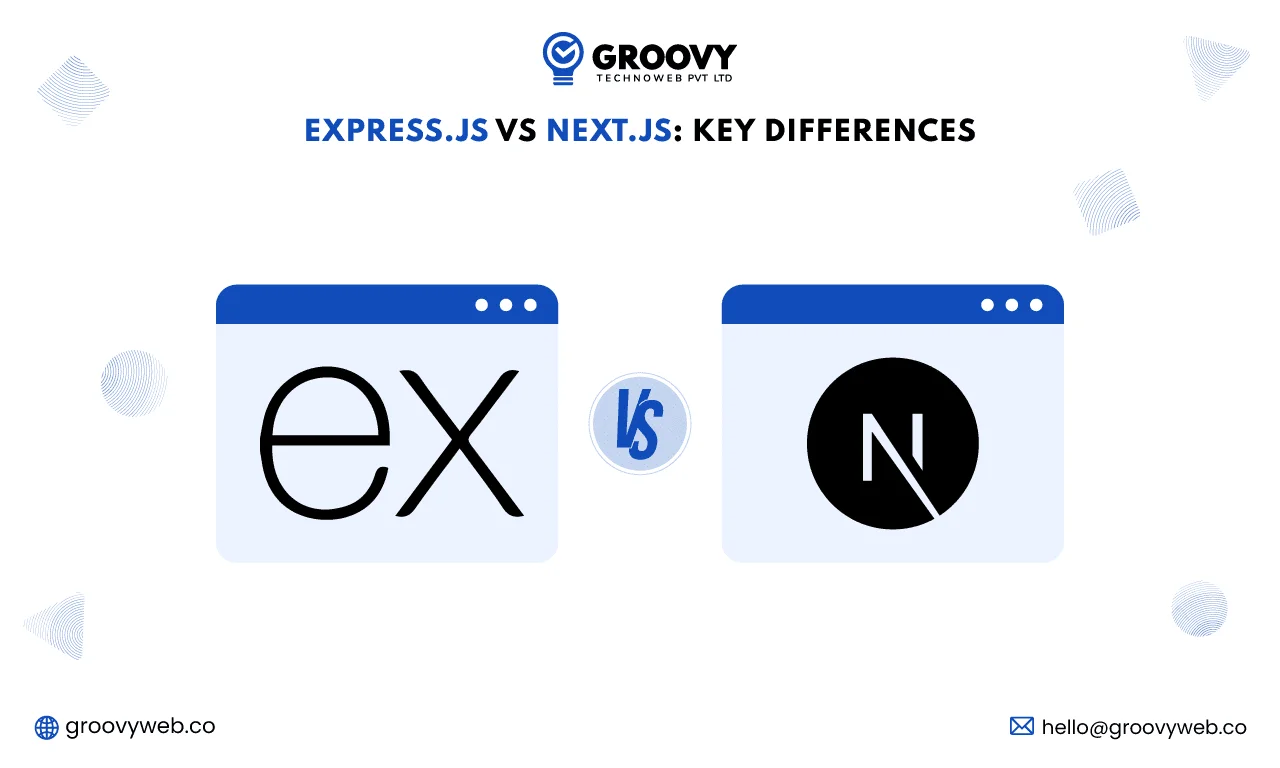Boosting Patient Safety And Data Integrity With A Clinical Trial Management System
Rahul Motwani
November 12, 2024 210 Views
Quick Summary : A Clinical Trial Management System (CTMS) enhances patient safety and data integrity by streamlining processes from recruitment to data analysis. It ensures regulatory compliance, reduces human errors, and improves patient recruitment and retention with automation. Integrated telehealth features allow remote monitoring, while centralized data management improves transparency and accountability. By safeguarding patient information and supporting real-time monitoring, CTMS reduces costs, enhances trial efficiency, and boosts the reliability of clinical data.
The clinical research landscape is dynamic, and threats to patient safety or data quality must be eliminated. A Clinical Trial Management System (CTMS) solution is helpful. It manages processes beginning with patient recruitment and ending with data analysis more conveniently.
Regulatory Obligations
Clinical Trial Management System Solution ensures that Clinical trials adhere to the applicable necessities such as Good Clinical Practice(GCP) and different standards. It is quintessential to hold the patients’ protection and the credibility of the data while the findings of the medical trial are guaranteed acceptance through the governing agencies.
Such processes as documentation, approval, and approval of audits have been done automatically. CTMS facilitates reducing human errors, reducing the chances of noncompliance with specific regulations, and ensuring that clinical trials adhere to ethical and legal boundaries.
Enhancing Recruitment And Retention
On the other hand, patient recruitment and retention is one of the necessary difficulties in a scientific trial. A Clinical Trial Management System Solution eases the recruitment system by imparting the applicable equipment for figuring out potential topics with the aid of the ability of the pre-defined eligibility cut-offs. It may additionally cover recruitment things to do by monitoring the participation of sufferers and their responses to cell phone calls after surgery.
Automation CTMS offers CTMS can further enhance the patient’s awareness of scheduled visits and reduce the chances of no-shows through automated reminders, emails, phone calls, etc. It prevents the subjects from dropping out and helps the trial to continue without any hold-up.
In the case of a Clinical Trial Management System Solution, one of the significant benefits lies in the ability to bring effective communication between all trial project participants – researchers and trial sponsors, clinicians, and regulatory organizations.
CTMS enables real-time updates and allows all parties to access relevant data, making collaboration more efficient and transparent.
Facilitating Remote Monitoring Through Telehealth Integration
Incorporating telemedicine or telehealth apps with a Clinical Trial Management System Solution is becoming increasingly popular, mainly at some point in the pandemic. Telehealth allows for far-flung monitoring of patients, lowering the need for bodily visits and making medical trials extra accessible.
Patients can file their signs or comply with their remedy protocols through telemedicine. At the same time, researchers can reveal their growth in real-time, ensuring the protection of the affected person and enhancing the average effectiveness of the trial.
Why Is Building A Clinical Trial Management System Important?
A CTMS provides an integrated system for all components of clinical trials. There are also benefits to building such a system. It manages the conduct of the trials as per the regulations of countries, monitors the safety of patients, and keeps records of patients securely. This helps to reduce inaccuracies and, most importantly, protect sensitive information.
Improving Patient Safety
Enhancing the capabilities of monitoring patient safety is eminent through applying a CTMS. With the help of a CTMS, real-time patient data such as adverse events or vital signs can be monitored, and any discomfort seen by the patient can be dealt with accordingly. This degree of observation is essential in managing issues before the risk modification stage in any clinical trial.
In addition, active rules in the system help prevent manual errors, which may result in under or overdosing the patient or recommending an inappropriate treatment schedule. Such precision improves the patient’s safety during the clinical trial.
Improving Data Quality
One of the most important blessings of a Clinical Trial Management System (CTMS) Solution is the upkeep of information quality. A full-size amount of facts is gathered in the course of a medical trial. For the external validity of these trial outcomes, it must be ensured that this data is not misrepresented. This could be achieved with a CTMS, as all the information present is organized and stored in a designated, safe, and regulated area; hence, no alterations or information loss can occur. Moreover, when developing telemedicine apps to support remote patient monitoring and data collection, a CTMS ensures that the data gathered is reliable and securely integrated into the system, maintaining high-quality standards throughout the trial.
Information retrieval is made easy as the records are arranged appropriately. Such a level of efficiency helps to enhance the quality of data collected, increasing the confidence levels with which the regulators and researchers treat the conclusions made.
Saving Expenses On App Development
Constructing a Clinical Trial Management System Solution is also a good value proposition because it helps reduce app development costs. Rather than employing different independent systems to enhance patients’ experience and treatment compliance, all relevant care components within a CTMS are incorporated into one interface. This reduces the need to develop extra software aids, which can be tedious and costly.
By implementing a fully functional Clinical Trial Management System Solution, research organizations will cut their total cost of operations, even though the system will have specific trial needs that support.
Efficient Data Management
Data management is regarded as one of the critical headaches in most clinical trials. A Clinical Trial Management System Solution eases this task by electronically capturing and filing patients’ data. This real-time data management strategy strategizes the researcher’s time on patients rather than papers. Various processes, especially data entry, which tends to be boring, are computerized to enhance the accuracy and consistency of the data entered into the system.
Furthermore, since all the patient’s information is kept in one database system, retrieving patient information is easier and quicker. The statistics accumulated and analyzed with the resources of the researchers are advisable in making strategic picks in the direction of the scientific trial.
Increasing Transparency And Accountability
Proficient construction of the Clinical Trial Management System Solution brings about transparency in clinical trials. Activities that a trial has gone through will all have been recorded and will be the center of attention and amenable. Such compliance concerns readiness for regulatory normalization and improves sponsorship of researchers toward patients.
Moreover, a readily available plan makes all parties answerable for the duties they ought to perform. Researchers, clinicians, and patient volunteers understand their responsibilities and, therefore, enhance the trial procedures.
Preservation Features
One of the primary benefits of a good Clinical Trial Management System Software is its scalability. The system is designed to accommodate alterations in size and complexity of clinical evolving hereafter smooth functioning and cultured low error rate is achieved. Such flexibility enables research institutes to run more or more than one study concurrently.
Data Protection
Data security is fundamental when conducting clinical trials, and a clinical trial management system solution helps to secure this. Such a system guarantees that all the confidential material that may include patient confidentiality is safely housed in the appropriate impenetrable environment. This reduces the likelihood of unauthorized people tampering with the existing data.
Avoiding Mistakes In Clinical Trial Documentation
These human judgment errors are quite damaging in clinical trials. A Clinical Trial Management System Solution decreases the chances of making such errors by incorporating automation in document preparations.
This streamlining addresses filling in the required clinical trial documents in the right way and within the right time frame to prevent any latencies and improve the efficiency of the trial as a whole.
Long-Term Cost Effectiveness
On the other hand, although such an investment in a Clinical Trial Management System Solution may seem very expensive initially, the return on investment is very favorable in the long run. The system allows trial processes to be conducted efficiently due to the automation of processes and the sharing of better-quality data at a lower cost. In terms of investment returns, the situation looks great because organizations can carry out the trials much quicker and with minimal mistakes.
How do you maintain the confidentiality of data while running clinical trials?

- Secure Electronic Data Capture (EDC) Systems:
- Utilize EDC systems to safeguard sensitive clinical trial data.
- Streamline data collection and minimize errors with automated processes.
- Implement encryption for secure transmission and storage.
- Audit Trails:
- Use audit trails to track and document changes in clinical data.
- Ensure transparency and accountability by maintaining a record of data edits.
- Enable tracking of user access and modifications to improve data integrity.
- Regular Monitoring and Data Validation:
- Conduct ongoing data monitoring to identify discrepancies early.
- Validate data regularly to ensure accuracy, completeness, and reliability.
- Correct errors promptly to prevent compromised results.
- Regulatory Compliance:
- Follow frameworks like Good Clinical Practice (GCP) for ethical data handling.
- Ensure that data collection and processing meet legal and regulatory standards.
- Regularly audit trial processes for adherence to compliance guidelines.
- Data Privacy Protocols:
- Implement strict data privacy measures to protect patient information.
- Anonymize patient data to avoid identifiable links to personal records.
- Securely store data with robust encryption methods and access controls.
What are the principles of data integrity in clinical data management?
- Accuracy and Consistency:
- Ensure all data is accurate, consistent, and free from errors.
- Monitor data entry and updates to maintain reliable records.
- Completeness and Validity:
- Maintain data completeness to reflect the full scope of the clinical trial.
- Validate data to ensure it is authentic and meaningful to the research process.
- Regulatory Adherence:
- Adhere to clinical data management standards such as FDA and EMA regulations.
- Protect both patient safety and the integrity of the research by following strict protocols.
- Robust Data Management Systems:
-
- Employ comprehensive data management systems that ensure data security.
- Automate validation checks to enforce consistency and prevent data tampering.
-
How do we protect the patients during clinical research studies?
- Adherence to Ethical Standards:
- Follow ethical practices to prioritize patient safety and well-being.
- Ensure transparency by explaining risks and benefits to participants.
- Risk Assessments:
- Conduct thorough risk assessments before and during the trial.
- Implement risk mitigation strategies to minimize patient exposure to harm.
- Informed Consent:
- Provide clear, comprehensive information about the trial to participants.
- Obtain informed consent before enrolling patients in the study.
- Regular Follow-Ups:
- Monitor patients throughout the trial with scheduled follow-up appointments.
- Evaluate patient health and safety with periodic assessments.
- Data Protection and Compliance:
- Safeguard patient data with secure storage and encryption practices.
- Ensure full compliance with data privacy laws and regulations like HIPAA.
- Safety Evaluations:
- Perform ongoing safety evaluations to identify and address potential concerns.
- Take immediate corrective actions if any safety issues arise during the study.
Conclusion
The Clinical Trial Management System Solution is essential for improving patient protection and data security while minimizing clinical trial expenditures. If they follow the steps above, for instance, organizations can lower their operating models by improving data quality and generally effective, safer, dramatic outcomes. If one is looking to improve the efficiency of conducting clinical trials, such systems facilitate the requirement of all rule obligations. Moreover, regarding the budget for app development, custom CTMS is on the low side of the budget compared to how productive it will be for the success of clinical trials.
Written by: Rahul Motwani
Rahul Motwani is an experienced Project Manager with a demonstrated history of working in the information technology and services industry. He started his career as a Backend developer and currently has his hands-on managing projects at Groovy Web. He is a strong program and project management professional with a Bachelor's degree focused on Computer Application.
Frequently Asked Questions
We hope these clear your doubts, but if you still have any questions, then feel free to write us on hello@groovyweb.coHow does a CTMS help prevent data manipulation or errors?
CTMS platforms employ secure data capture and audit trails, tracking every change made to the data. This helps prevent manipulation or errors by providing a clear history of data entries, ensuring all information is accurate, reliable, and complete.
What measures does a CTMS have in place to protect patient confidentiality?
A CTMS uses data encryption and role-based access controls to protect patient information. This ensures that only authorized personnel have access to sensitive data, maintaining patient confidentiality and safeguarding personal health information.
How can a CTMS support adverse event reporting during clinical trials?
A CTMS automates adverse event tracking and reporting, alerting the research team to any unexpected patient reactions in real time. This allows for quicker response times, improving patient safety and helping to meet regulatory reporting requirements efficiently.
How does a CTMS contribute to maintaining ethical standards in clinical trials?
A CTMS ensures compliance with ethical standards by managing informed consent processes, monitoring patient safety data, and ensuring trial protocols are followed. It also supports adherence to international regulatory guidelines like Good Clinical Practice (GCP), helping to safeguard patient welfare throughout the study.
Related Blog

Rahul Motwani
What is Node.js, Where, When & How To Use It In 2024
Web App Development 06 Sep 2024 13 min read
Krunal Panchal
MongoDB vs Firebase: Which Is The Best Database In 2023
Technology 26 May 2023 11 min readSign up for the free Newsletter
For exclusive strategies not found on the blog
